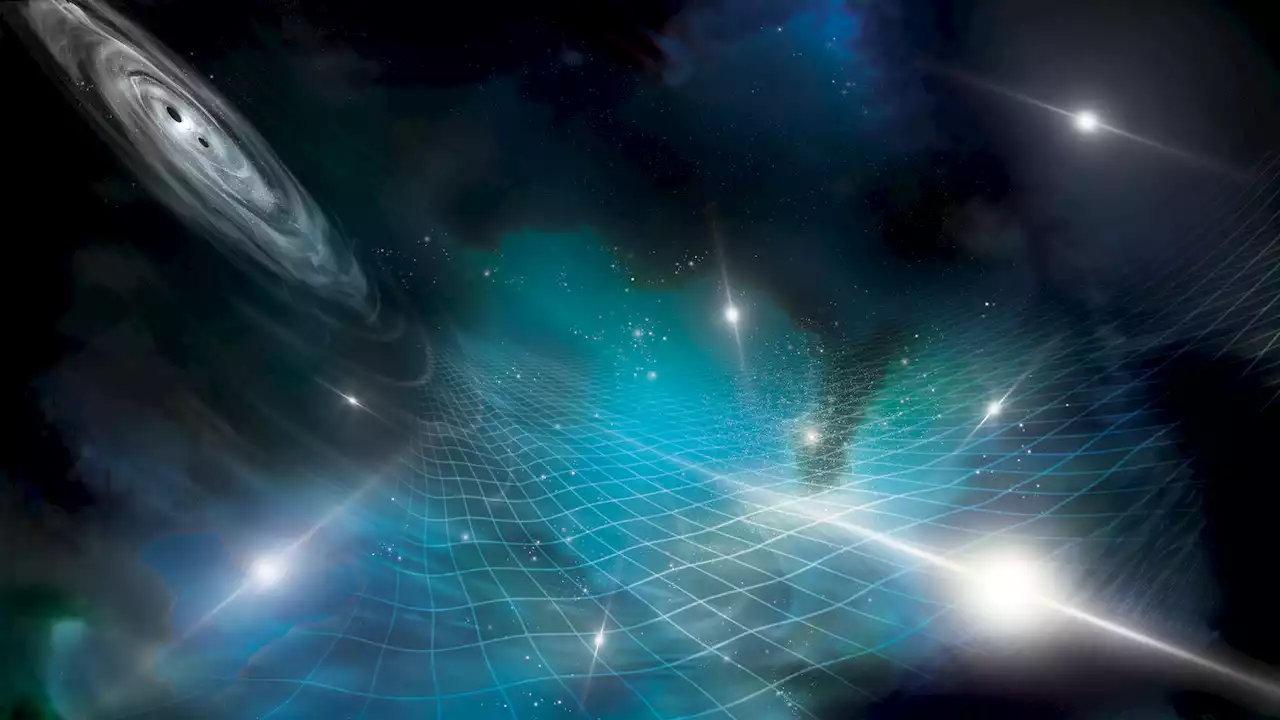It is much louder than previously believed possible and its discovery will alter our understanding of the universe.
Now, the discovery of direct evidence for the gravitational wave background provides a wealth of new insight into the frequency of these types of mergers, as well as a whole host of other cosmological questions.
"It's like a choir, with all these supermassive black hole pairs chiming in at different frequencies," NANOGrav scientist and Yale University professor Chiara Mingarelli, explained in the statement. "This is the first-ever evidence for the gravitational wave background. We've opened a new window of observation on the universe."
The volume may be the result of experimental limitations, though it could also be down to louder and more abundant supermassive black holes than the ones accounted for in the researchers' models. Alternatively, something else that we do not yet understand is generating gravitational waves.How scientists measured the gravitational wave backgroundLIGO and Virgo
An experiment on Earth wouldn't be able to detect such enormous waves, as these could take decades to pass through a detection facility. Instead, the NANOGrav team closely observed pulsars for many years, which are ultra-dense remnants of large stars that died and went supernova.
United States Latest News, United States Headlines
Similar News:You can also read news stories similar to this one that we have collected from other news sources.
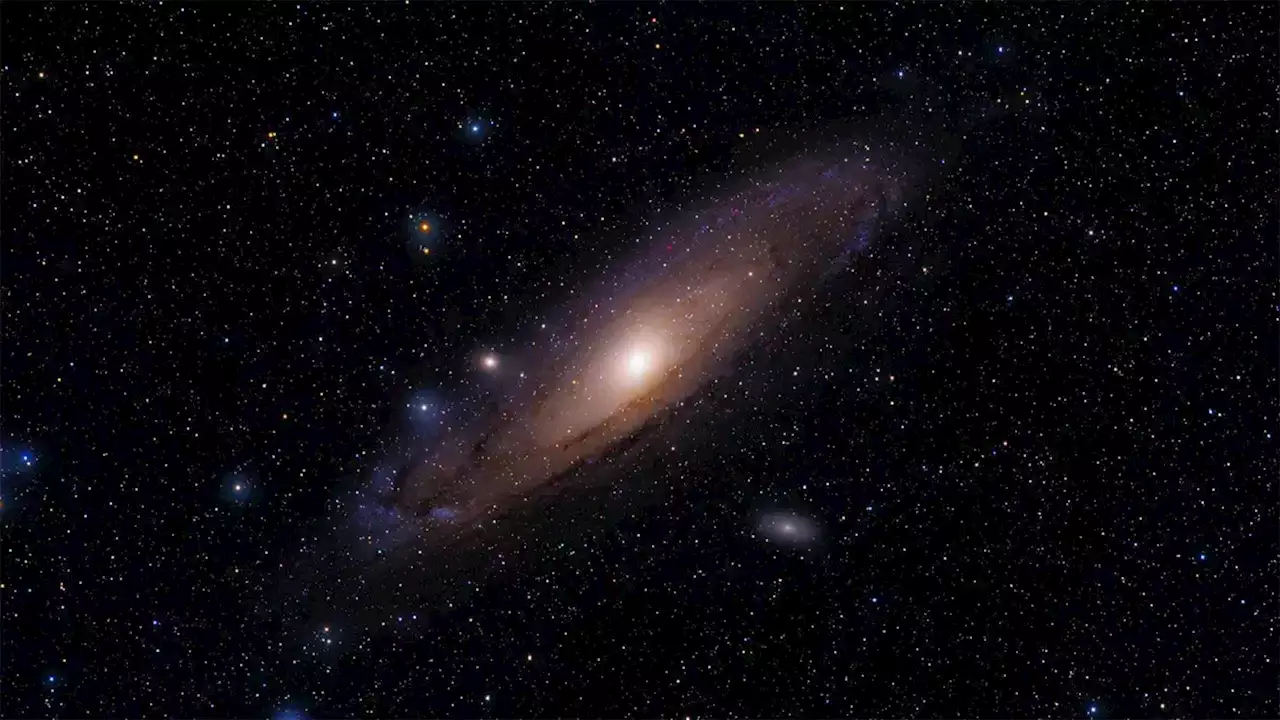 Scientists recreate what the Milky Way might look like to alien astronomersWhat would an alien astronomer in a distant galaxy see if they looked up at the Milky Way in the night sky with a telescope?
Scientists recreate what the Milky Way might look like to alien astronomersWhat would an alien astronomer in a distant galaxy see if they looked up at the Milky Way in the night sky with a telescope?
Read more »
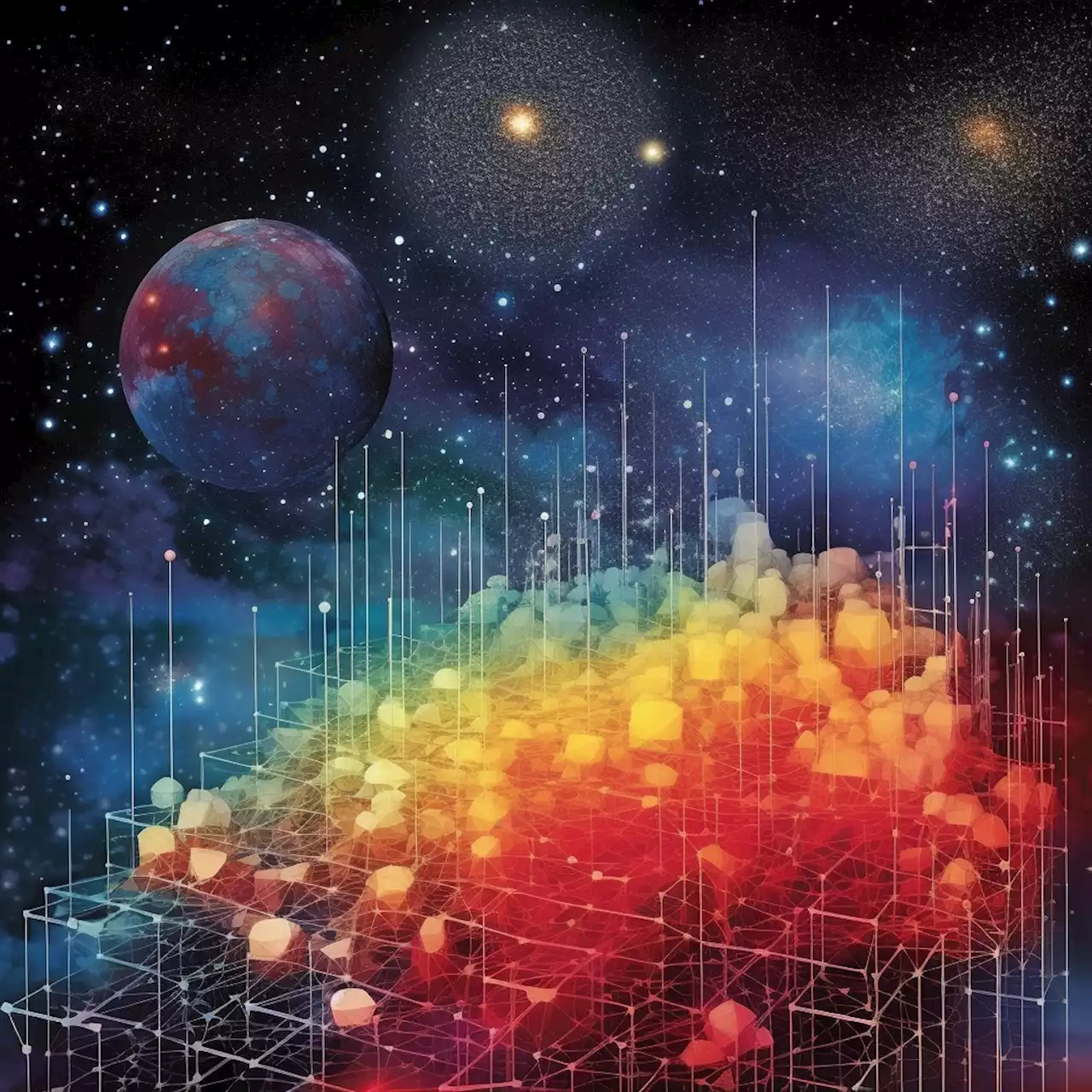 AI Could Help Astronomers Rapidly Generate HypothesesAlmost anywhere you go on the internet, it seems nearly impossible to escape articles on AI. Even here at UT, we’ve published several. Typically they focus on how a specific research group leveraged the technology to make sense of reams of data. But that sort of pattern recognition isn’t all that AI is good for. … Continue reading 'AI Could Help Astronomers Rapidly Generate Hypotheses'
AI Could Help Astronomers Rapidly Generate HypothesesAlmost anywhere you go on the internet, it seems nearly impossible to escape articles on AI. Even here at UT, we’ve published several. Typically they focus on how a specific research group leveraged the technology to make sense of reams of data. But that sort of pattern recognition isn’t all that AI is good for. … Continue reading 'AI Could Help Astronomers Rapidly Generate Hypotheses'
Read more »
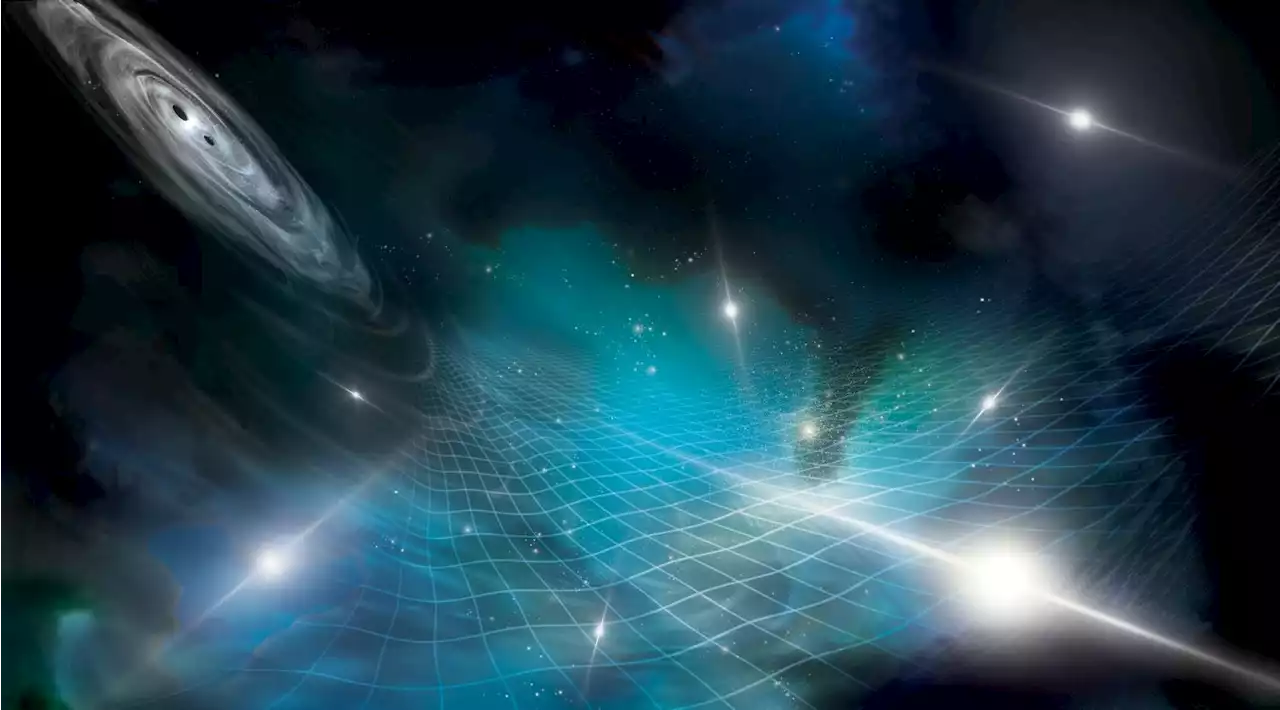 Astronomers used dead stars to detect a new form of ripple in space-timePulsars and radio telescopes led NANOGrav researchers to a new kind of gravitational wave that emerges from colliding black holes.
Astronomers used dead stars to detect a new form of ripple in space-timePulsars and radio telescopes led NANOGrav researchers to a new kind of gravitational wave that emerges from colliding black holes.
Read more »
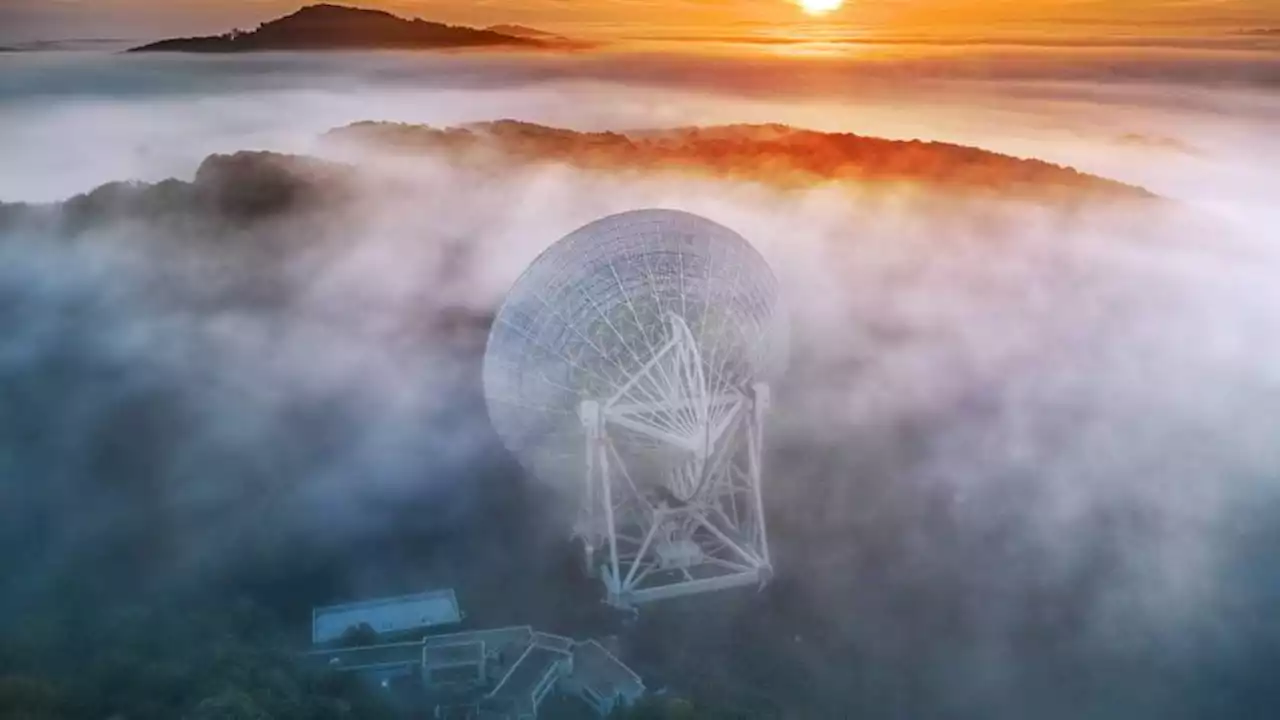 Astronomers reveal evidence of universe's 'background hum'Scientists working at gravitational wave detectors on several continents say they have finally found strong evidence of the background waves.
Astronomers reveal evidence of universe's 'background hum'Scientists working at gravitational wave detectors on several continents say they have finally found strong evidence of the background waves.
Read more »
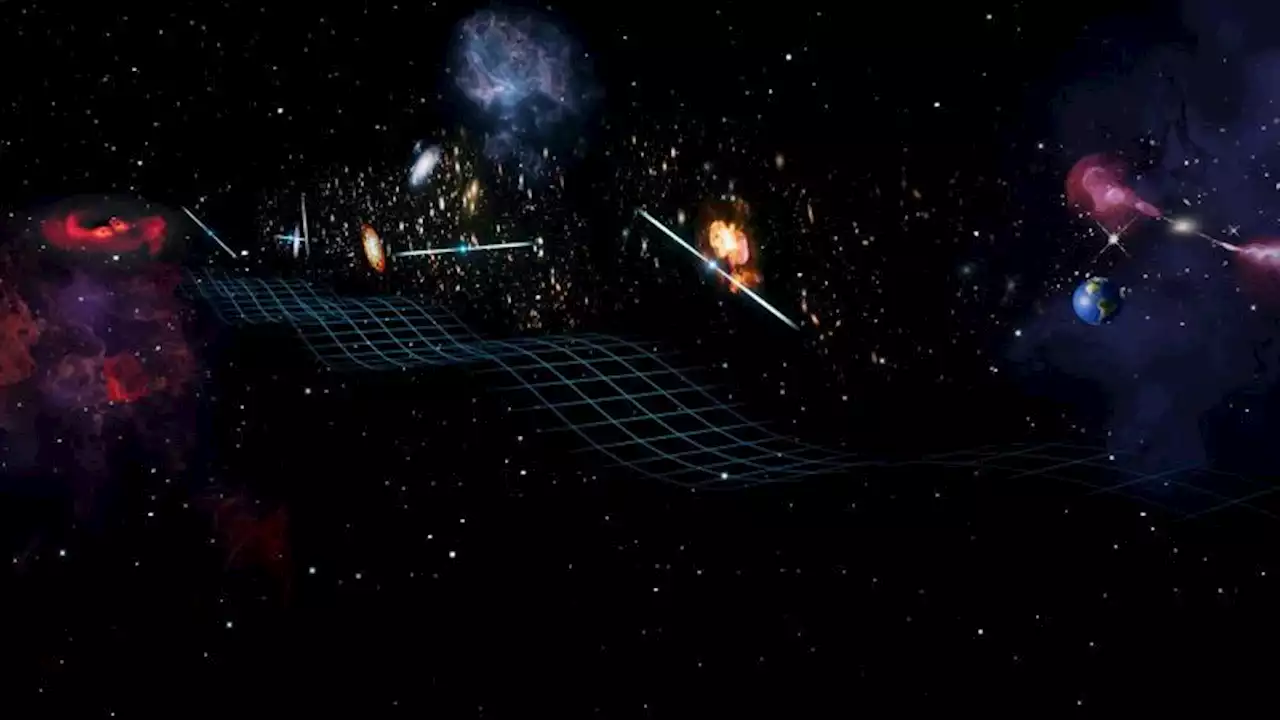 Astronomers ‘hear’ the celestial choir of gravitational waves for the first time | CNNAstronomers have been able to “hear” the celestial hum of powerful gravitational waves, created by collisions between black holes, echoing across the universe for the first time.
Astronomers ‘hear’ the celestial choir of gravitational waves for the first time | CNNAstronomers have been able to “hear” the celestial hum of powerful gravitational waves, created by collisions between black holes, echoing across the universe for the first time.
Read more »
